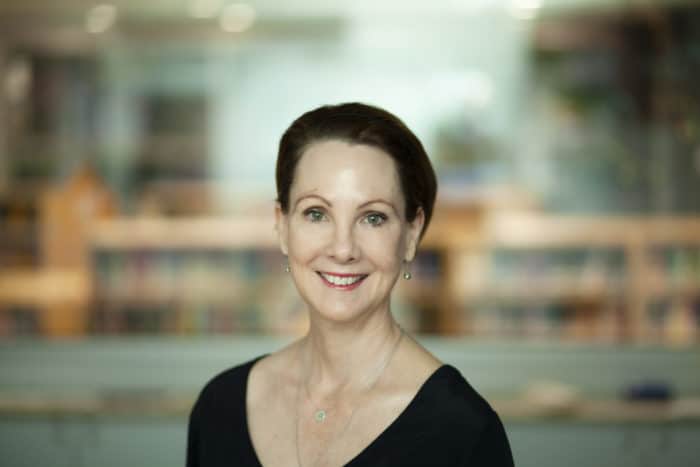Going to camp, competing at sporting events, performing in theatre productions, attending the formal, being recognised at awards ceremonies – these are all important rites of passage to which screens just can’t do justice.
The past two years have not been what we hoped or imagined for our students, particularly those in their final years of school, and it’s important we acknowledge the loss and grief that many young people and their families are feeling. While I don’t want to diminish what these students have gone through, I do think it’s important and rewarding to recognise that the loss of certain experiences has come hand-in-hand with big life lessons that many of us don’t learn until well into adulthood, and it is worth considering that this experience has accelerated development of our kids into well-rounded, engaged citizens.
During the past two years, students really have traversed two worlds – a global online one and a local neighbourhood-bound one, each providing distinct and important lessons. On a global scale, they have seen how interconnected the world is and that, regardless of where we live, we’re all human beings who experience much of life in the same way.
They have been confronted with lessons on freedom, rights and the importance of collective responsibility for the greater good. They have seen first hand how developed countries have had access to vaccines and capable hospital systems while developing countries experienced overcrowding and suffering.
This has helped students develop a stronger sense of social responsibility, awareness of the world we live in and gratitude for what we have.
These topics are no longer just the domain of history or English classes; students have lived them and discussed them with their families and peers, helping them to become more engaged and informed citizens.
On a more local level, we’ve all had a refresher in how important relationships and connectedness with others are, and students have gained an appreciation for neighbourly gestures and community.
Many families have become closer after spending more quality time together and not always rushing to be somewhere else. This time has been particularly precious for those whose children are closer to the age where they may leave home. Older kids also have come to admire their parents’ and grandparents’ stoicism, and while parents did their best to stay strong and optimistic during challenging times, kids saw a vulnerable side to them, which is important for them to see – that you can get through life without having it totally together all the time and we all share a common humanity.
Students had to exercise self-restraint and independence, which they hopefully will retain. We often talk about resilience in school; however, it’s now a tangible concept for students and they have a sense of pride that they’ve come through to the other side with evidence of their personal strength and capacity to manage something truly challenging – a global crisis no less.
Their strength of character and way of looking at the world differently can’t help but have made them wiser. It also has to be listed that they have had to demonstrate inventiveness and adaptability – more so than had this pandemic not happened. These are important skills that will help them navigate the vicissitudes that are part of all our lives.
It goes without saying students have developed more independence in their learning. They learned to be resourceful and inventive, which will hold them in good stead in the future. We don’t want young people who expect to be spoonfed, we want independent thinkers and problem-solvers who are curious enough to pursue ideas and interests.
Time in lockdown often was spent alone, teaching young people to value their own company and to reflect on what they truly missed and what makes them feel good. They discovered new creative pursuits – taking up cooking, gardening, writing, painting and a lot of TikTok.
They also learned not to take sport or exercise for granted and many took responsibility for their own physical activity.
There also has been much more talk about science, public health and leadership among young people. While in the past these topics often have been somewhat two-dimensional for students, they’ve had the opportunity to watch so much play out in real life. They’ve witnessed scientists race to create a vaccine, illustrating how science can change the world. They’ve watched leaders come to challenging decisions and the co-operation that is needed to reach a point to bring people back together again.
They have watched the best and worst of leadership play out and they’ve experienced what public health really means, and how it affects all of us.
Yes, the pandemic has taken a lot from our young people, but it’s important we also take the time to consider what they’ve gained. They may not have had a formal graduation ceremony or been fully open for schoolies, but they’ve had significant experiences that I believe will help to shape them positively and will stay with them for years to come. I am excited for what they will offer for our future.
Marise McConaghy is the principal at Strathcona Girls Grammar in Melbourne.



